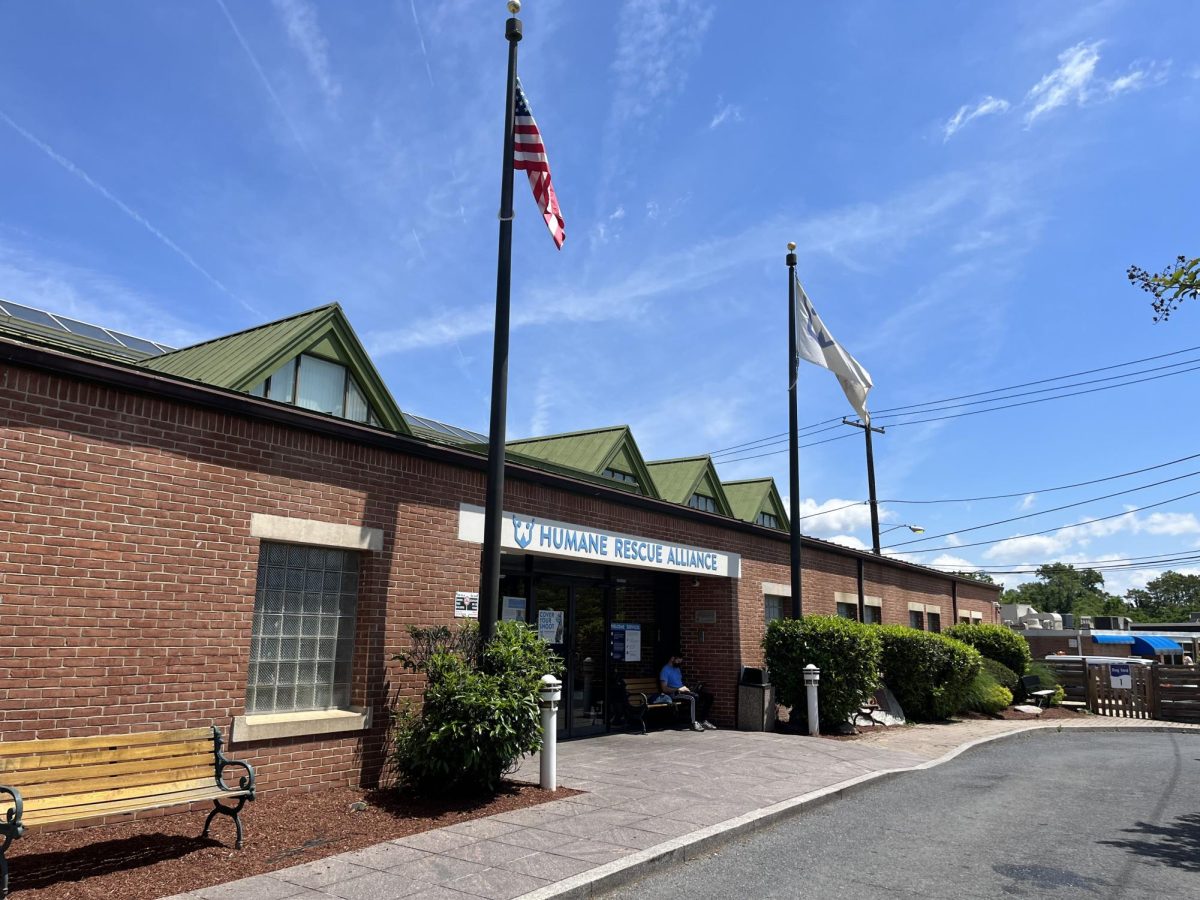A wise Jesuit once said that it is possible to graduate college without learning anything. Had he not warned me of this possibility, I may have graduated magna cum nothing.
I came to Georgetown with the intention of blazing my own trail down Pennsylvania Avenue in a pink power suit. Like many an eager Hoya, I was an enthusiastic dreamer, determined to make my mark in politics and – forgive the naïveté – change the world in some dramatic way.
I took on my first unpaid internship in Washington before stepping foot into my Harbin Hall dorm room. While saving the world through data entry soon became monotonous, I continued working and found myself dabbling in every aspect of Washington politics. Volunteering at the White House, lobbying on K Street, and working on big-money corporate campaigns led me to believe I had found my true passion and career.
But my dream of becoming the next Mary Matalin wasn’t the only reason I came to the Hilltop. Georgetown’s Jesuit identity and emphasis on service appealed to me, making it the only college I ever wanted to attend. As the youngest daughter of an almost-Jesuit-priest-turned-doctor (too long a story for a HOYA viewpoint), my close relationship with my father led me to seek a better understanding of my Catholic faith. Little did I know that my politics and faith would soon come into conflict.
y sophomore year, I began lobbying for a property rights advocacy group. (As boring as that phrase reads, I for some reason find it fascinating!) I soon became an intellectual property rights specialist, researching and writing for pharmaceutical companies. Just as I was beginning to find my niche protecting pharmaceuticals from patent infringement, my father passed away after a long-fought battle with terminal illness. Call it poor timing or God’s ironic sense of humor, but life made me stop and think that I may be in the wrong profession.
As a doctor, my father had always received the best care and medications. But most people don’t have that luxury. I began to wonder how I could reconcile my passion for protecting patented medicines with my empathy for others who had lost loved ones to illness, many of whom would never see a doctor or Western medicine.
y experience led me to question whether it was possible to balance my politics with the Jesuit ideal of serving the less fortunate, especially in their times of need.
A college student need not have this moral question thrust upon her at the tender age of 20. But that’s what makes a Georgetown student special. We all address such moral questions on a daily basis.
In looking for this answer within myself, I found I had to look no further than the seal of our university. With an eagle holding a cross in one hand and the world in another, the seal encourages us to find the balance between truth and diplomacy, our reason and our faith. And ironically, or perhaps purposefully, written above that beautiful symbol that I managed to ignore for two years of my education are the words “utraque unum,” meaning “both into one.” Most universities don’t concern their students with the controversial question of how to reconcile morality and truth. Georgetown not only forces us to ask the question, but holds it so paramount that the answer sits on our seal: In reconciling both, we become a whole person.
After being knocked over the head with this idea by my favorite Jesuit, I began to work with pharmaceutical companies to ensure that the poor have access to medications, without it jeopardizing patent protections. Finding the balance between intellectual passion and commitment to the Jesuit ideal of service is the spirit of a Georgetown education and the most valuable lesson I will carry with me.
Perhaps the most influential figure in my Georgetown experience has been Fr. Schall. As cliché as it is to quote one of our most popular professors, it is because of him that I leave Georgetown valuing Platonic dialogues more than my Rolodex. Fr. Schall once summed up my Georgetown experience in eight words: “The world is first changed within one’s soul.” I came to Georgetown to change the world. But let’s face it: That’s a lofty goal for this young steel magnolia. Georgetown forever changed my soul. Now that’s change I can believe in.
So I leave Georgetown genuinely thankful. Thank you to my parents for their many sacrifices and allowing me to learn what they already know. Thank you to the friends that humbled me, the professors that criticized me, the Jesuits that encouraged me, and the politicos that kept my sharp Southern tongue in check. I came knowing the answers to the world’s problems and leave only with questions. I think that wise Jesuit would agree that I’ve finally learned something valuable.
Katie Boyle is a senior in the College and former chief of staff of the Georgetown University College Republicans.
“






